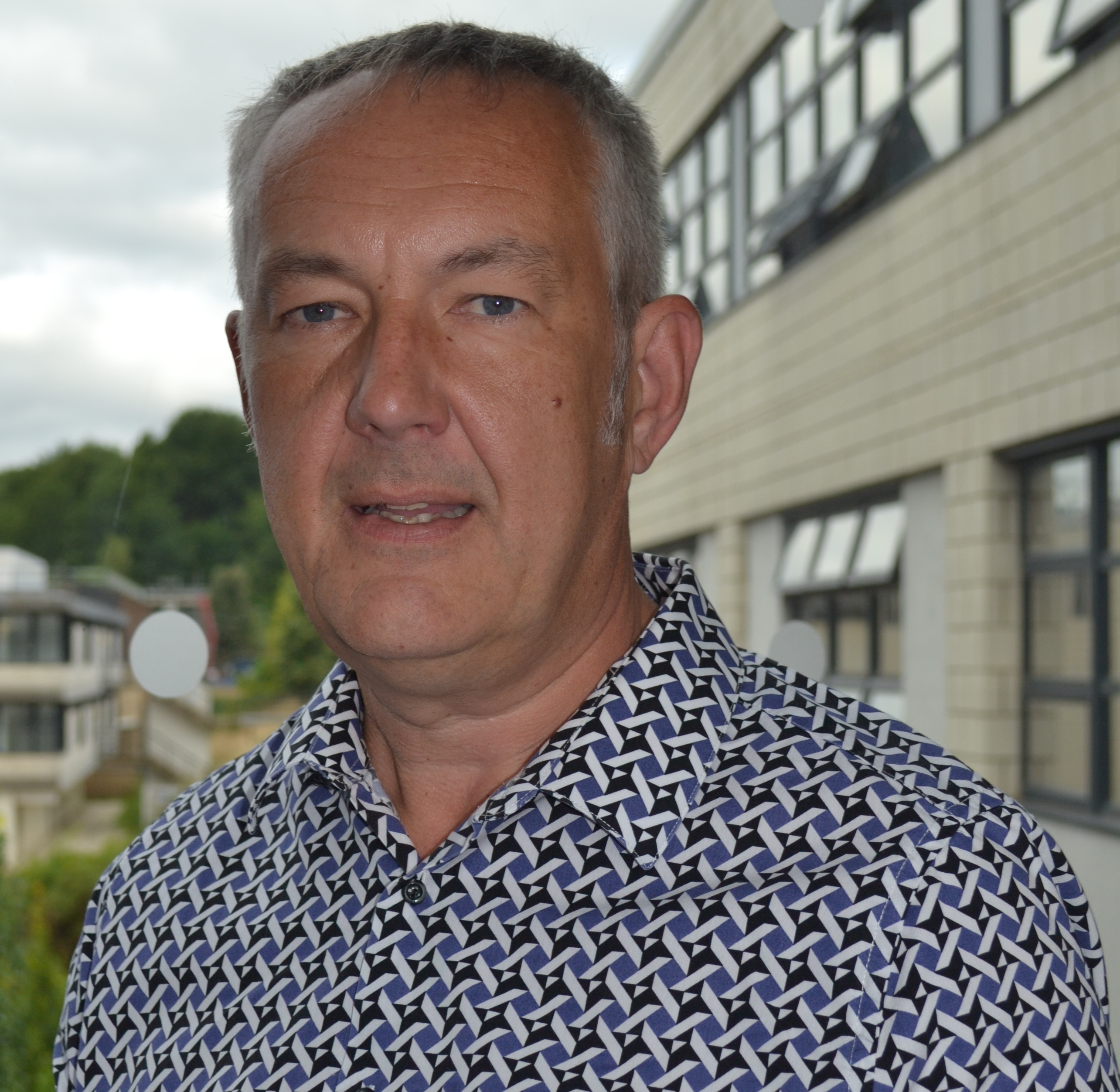We still have a lot to learn about how effective psychedelics are in the treatment of depression, but even if the evidence is there, patients and prescribers are likely to have additional anxieties around these drugs, writes Ian Hamilton
It may seem counterintuitive to treat psychological distress with a mind altering psychedelic drug, but this group of psychoactive drugs are increasingly attracting attention as a potential treatment for conditions like depression. This is not the first time that consideration has been given to the possibility these drugs could be used to treat mental health problems; 70 years ago researchers explored the therapeutic potential of drugs like LSD.
Research investigating the therapeutic value of these drugs has been hampered by international and national drug policies, which restrict researchers’ access to them. However, a shift towards the easing of such laws may start to open up the research landscape for these drugs. On 3 November, alongside the vote to elect their next president, voters in Oregon, USA, also sanctioned opening up access to psychedelic drugs for therapeutic use, even without a doctor’s prescription. This sits alongside the changes being made in many other American states, which now allow access to cannabis for recreational and medicinal use. This landmark change will not only make access easier for individuals, but for those researching these drugs too.
As existing pharmaceutical offerings for depression aren’t effective for a significant proportion of those who are prescribed them, there is a need to broaden our treatment options. Similar to traditional antidepressant therapy, it is likely that the most effective way of providing this new class of psychoactive medications would be alongside a form of counselling or talking treatment. This could present some novel challenges for counsellors and therapists as these drugs have the potential to produce unfamiliar adverse reactions, such as hallucinations. Knowing how to effectively assess and respond to these adverse reactions will require specialist knowledge and training. Yet it’s not clear how widely available this information and training is.
Even traditional antidepressants are not universally accepted by patients; some people already have fears about dependency and other apprehensions related to these types of medications. This is a problem that is at long last being rightly taken seriously, with a review into the dependence and withdrawal problems associated with prescription medicines being carried out by Public Health England. Psychedelic medications are likely to inspire the same doubts, but there will be additional patient (and possibly prescriber) anxieties around these drugs.
Unlike Oregon, most jurisdictions have for decades outlawed access to psychedelics; furthermore, they have an image of being used to gain out of body experiences. Both factors may be considerable barriers for some patients and prescribers to see past when considering psychedelics in therapeutic form, especially for treating a condition in people who are already deemed to be in a psychologically vulnerable state of mind.
In the same way that some medics fear the diversion of medical cannabis products into the black market, some may also be concerned that therapeutic psychedelics will follow the same route. However, this is unlikely as both classes of drugs will be considerably more expensive and less potent than their illicit peers, not to mention difficult to access. Therapeutic preparations of psychedelic medications usually contain micro-doses of the substance in comparison to illicit sources. But, as is so often the case with currently illegal drugs, logic and evidence will play second fiddle to people’s fears. This type of prejudice may prove to be a significant barrier to any rollout and acceptance of the role of psychedelic medicines in the treatment of conditions like depression.
While evidence must drive decisions about whether a drug is selected as a medicine and offered to patients, evidence can only be accepted when minds are open and receptive to the facts as they emerge. We still have a lot to learn about how effective psychedelics are in the treatment of depression and, if they are effective, in what doses and patient groups. Yet these drugs will only reach their potential if we all are willing to alter our own minds and attitudes to overcome the prejudice we may hold about their place in the treatment of mental distress. It would be a shame if closed minds prevented an opportunity for healing the minds of those experiencing severe mental distress.
Ian Hamilton is an academic at the University of York with an interest in addiction and mental health. He previously worked as a mental health nurse with people who had combined mental health and substance use problems. Twitter: @ian_hamilton_
Competing interests: I am affiliated with Alcohol Research UK.

